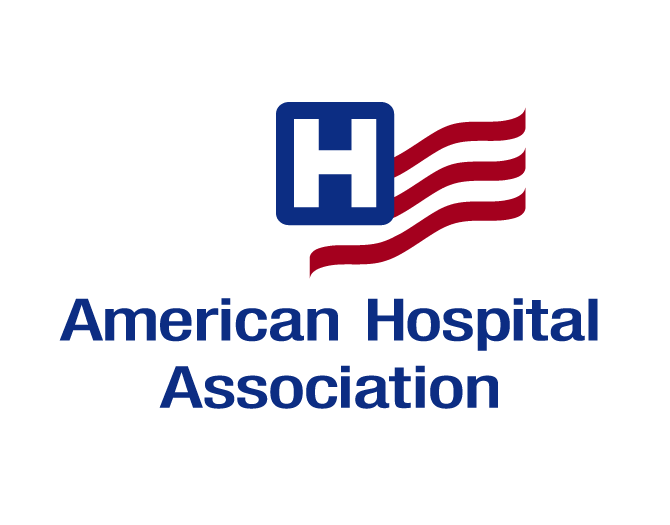 Letter Seeks Action to Improve EHR Implementation and Billing Services Issues
Letter Seeks Action to Improve EHR Implementation and Billing Services Issues
On Monday of this week the American Hospital Association (AHA) sent an open letter to HHS Secretary Kathleen Sebelius asking for “collaborative actions to advance the use of electronic health records (EHRs) in billing for hospital services.” The letter is a follow-up to a previous one sent on September 24 highlighting the commitment to EHR adoption and compliance with Medicare and Medicare billing issues.
In the follow-up letter AHA writes:
We write now to suggest specific, collaborative actions to advance the use of electronic health records (EHRs) in billing for hospital services. The AHA appreciates the opportunity to work with you to improve the use of EHRs and other automated tools to document care and support hospital claims submitted to Medicare and Medicaid.
America’s hospitals take seriously their obligation to bill properly for the services they provide to Medicare and Medicaid beneficiaries. Hospitals have a longstanding commitment to compliance, establishing programs and committing resources to ensure that they receive only the payment to which they are entitled.
The letter lists three specific areas the AHA is seeking further discussion and action on:
- Development of national guidelines for hospital coding of evaluation and management (E/M) services provided in clinics and emergency departments (EDs).
- Greater understanding of functionalities that vendors embed into EHRs and other automated tools used by hospitals.
- Further discussion of law enforcement concerns, with the goal of jointly developing compliance guidance for hospitals.
The letter also requests a meeting to discuss law enforcement concerns and compliance guideline goals for hospitals with a goal of developing a better understanding of the risks associated with EHRs. AHA proposes a study group be convened to identify and articulate these risk to work towards more meaningful guidance. “The effort would be similar to compliance guidance the Office of Inspector General issued for various categories of health care businesses in years past and would enable hospitals to monitor for problems and issues of concern from the outset in order to improve compliance.”
Read the full letter here.
